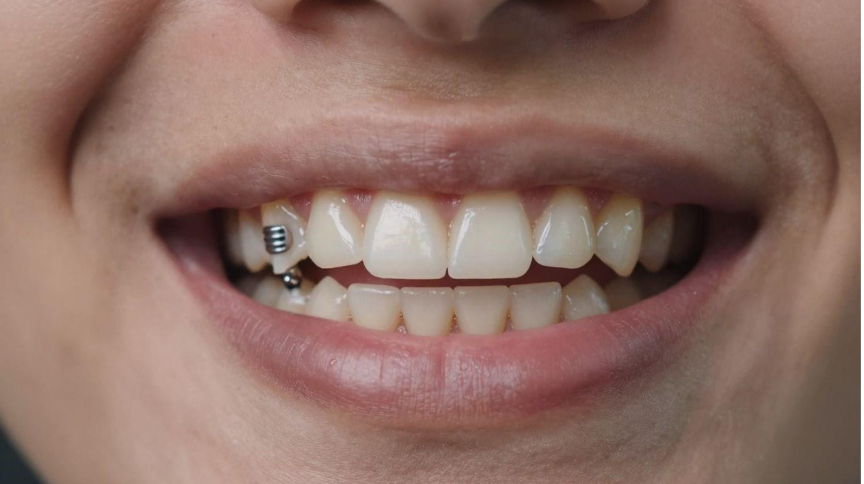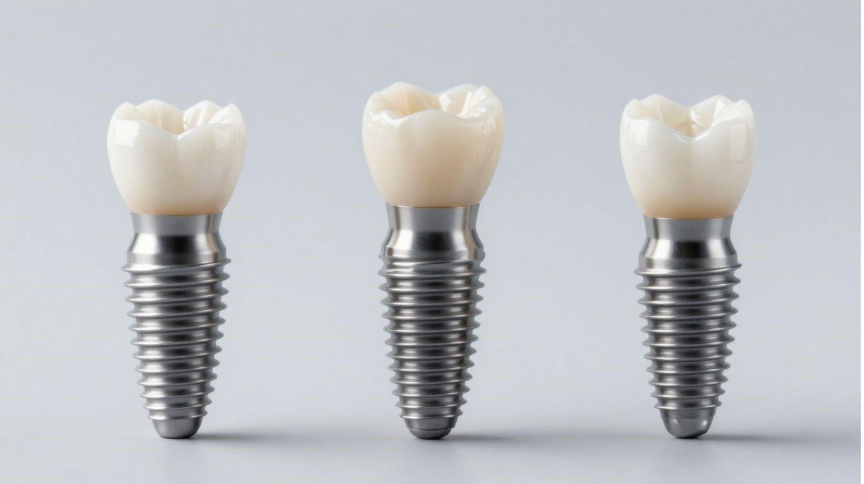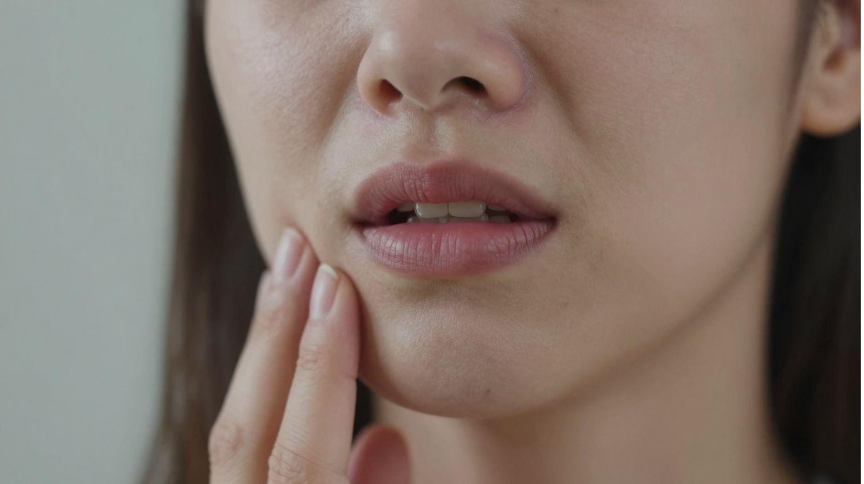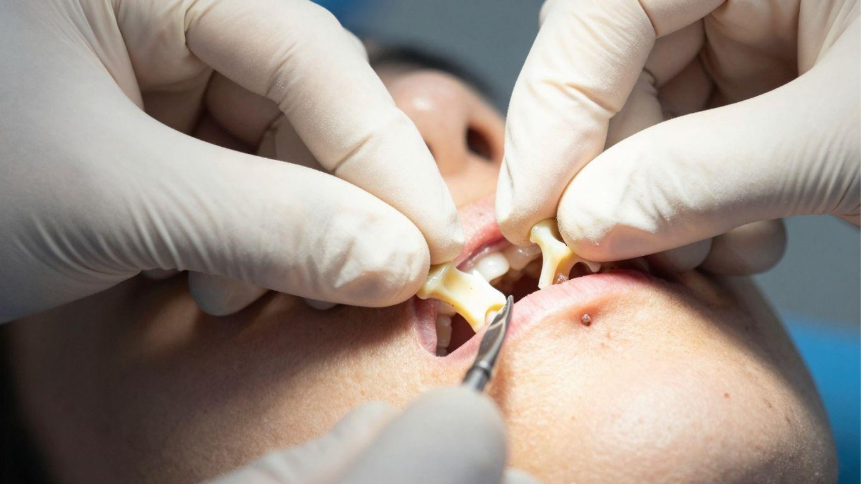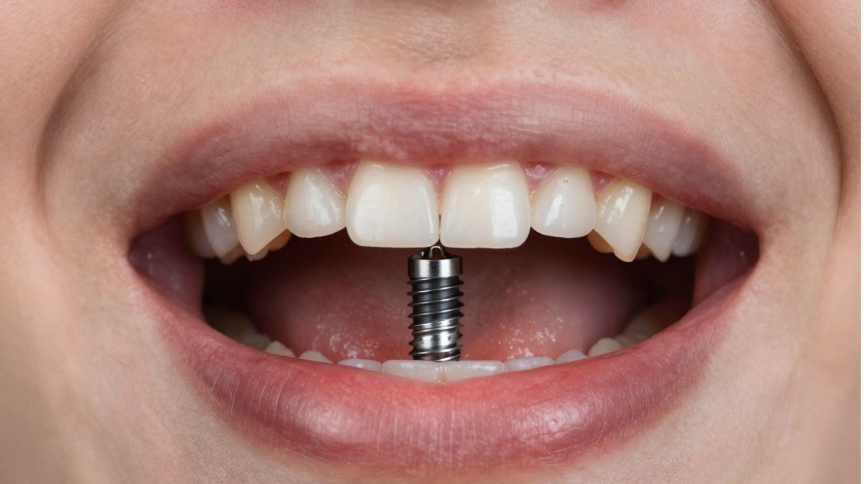Can You Get An MRI With Dental Implants
Many folks wonder if getting an MRI is still on the table after they've had dental implants put in. It's a pretty common question, and honestly, it makes sense. You've got these metal posts in your mouth, and MRIs use some pretty strong magnets. So, can you still get an MRI with dental implants? The good news is, for the most part, yes. But there are a few things to keep in mind to make sure everything goes smoothly and the scan works right.

